-
Hurricanes advance to Second Round in Game 7 victory over Boston
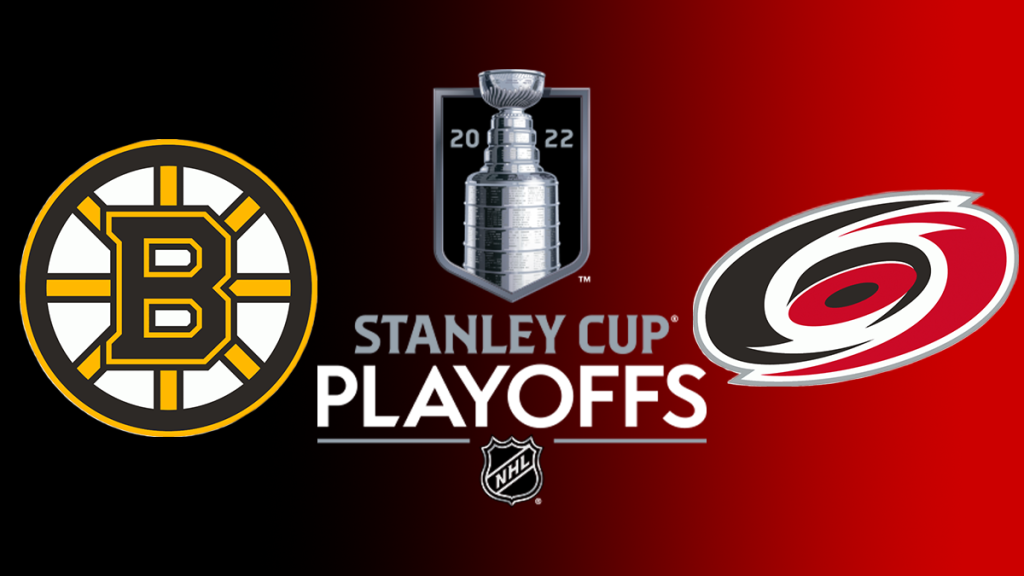
19,513 fans watched the Carolina Hurricanes advance to the Second Round of the 2022 Stanley Cup Playoffs after defeating the Boston Bruins, 3-2, in Game 7 of their First Round series at PNC Arena Saturday afternoon. Max Domi scored a pair of goals in the win as the Hurricanes entertained their largest crowd in franchise…
-
Bruins force Game 7 with commanding, 5-2, victory at home
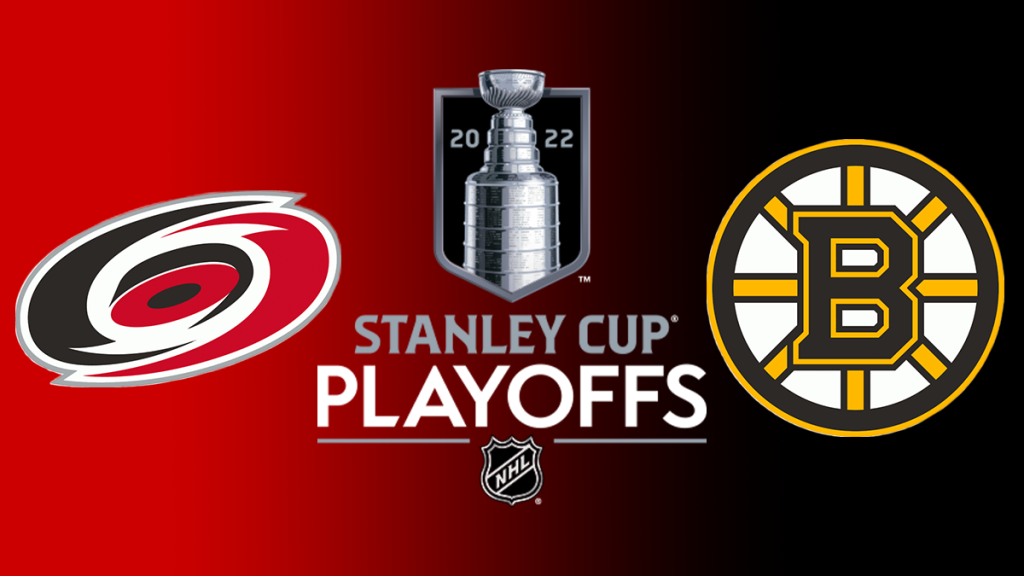
For the 29th time in franchise history (a National Hockey League leading postseason stat), the Boston Bruins are going to a Game 7 in a best-of-seven series after defeating the Carolina Hurricanes, 5-2, Thursday night at TD Garden. Whereas recent memory conjures images of Boston’s 2019 Stanley Cup Final Game 7 loss on home ice…
-
Marchand notches five points in, 5-2, victory in Game 4

For the 34th time since making his postseason debut in 2011, Brad Marchand had a multi-point Stanley Cup Playoff game as he amassed 2-3–5 totals in a, 5-2, win for the Boston Bruins over the Carolina Hurricanes Sunday afternoon in Game 4 at TD Garden. Among active players, only Tampa Bay Lightning forward, Nikita Kucherov,…
-
Hurricanes take 2-0 series lead, lose Raanta in Game 2

Sebastian Aho tied a franchise record with his fourth multi-goal game in a, 5-2, victory for the Carolina Hurricanes as they beat the Boston Bruins in Game 2 of their 2022 Stanley Cup Playoffs First Round matchup Wednesday night at PNC Arena. Meanwhile, each team lost a key player to an injury and there were…
-
Hurricanes take 1-0 series lead with, 5-1, victory against Boston

Two goals late in the second period set the momentum in motion for the Carolina Hurricanes Monday night as they opened up their 2022 First Round series against the Boston Bruins with a, 5-1, win in Game 1 at PNC Arena. Antti Raanta (1-0, 1.00 goals-against average, .972 save percentage in one game played) made…
-
Bruins shutout by Canes on the road
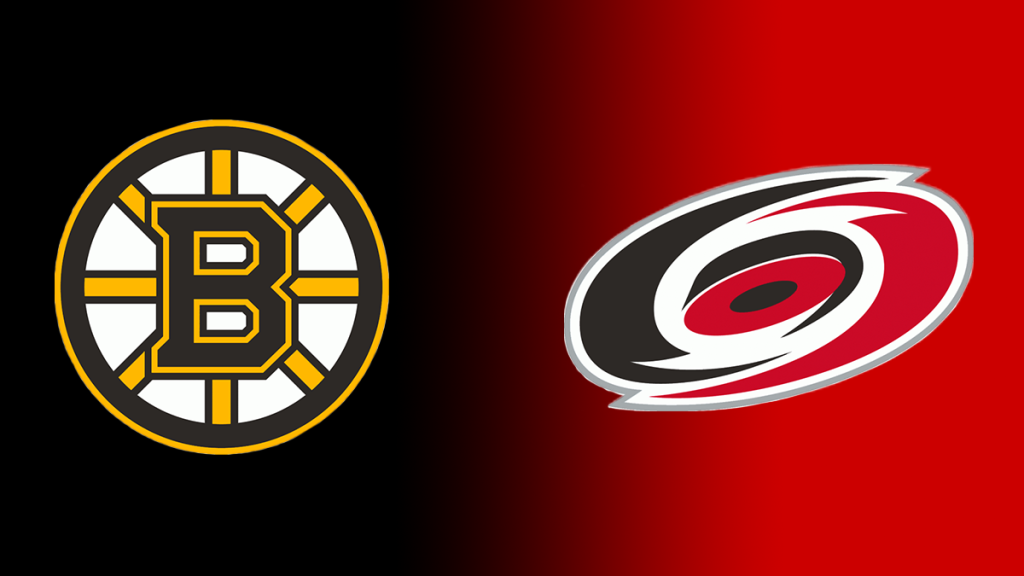
Frederik Andersen picked up his first assist and first shutout with the Carolina Hurricanes in their, 3-0, shutout over the Boston Bruins Thursday night at PNC Arena. Andersen (6-0-0, 1.33 goals-against average, .956 save percentage in six games played) turned aside 33 out of 33 shots faced en route to his 20th career shutout, while…
-
Carolina Hurricanes 2021-22 Season Preview
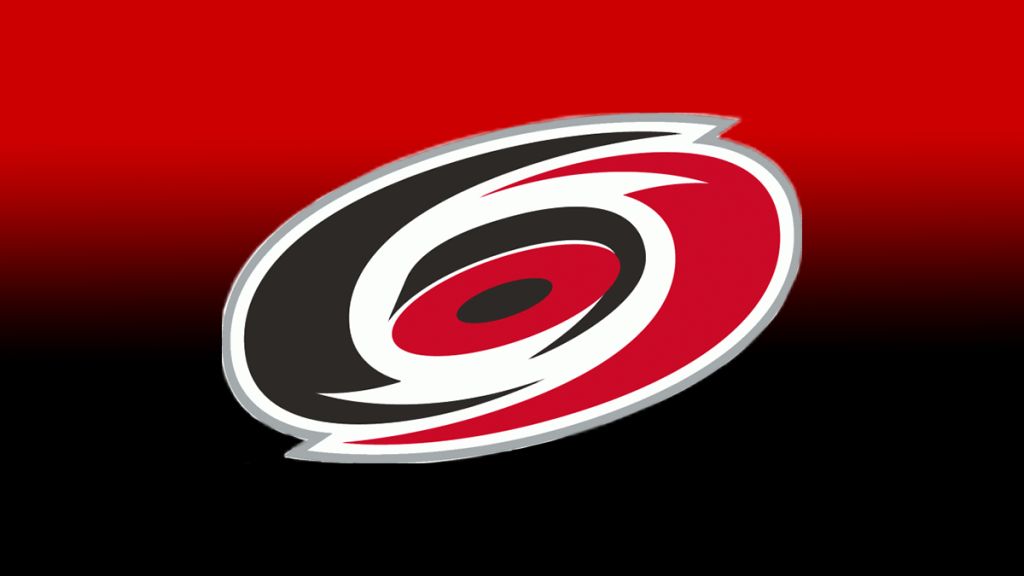
2020-21 record 36-12-8, 80 points 1st in the Discover NHL Central Division Eliminated in the Second Round by Tampa Additions: F Jesperi Kotkaniemi (signed to an offersheet, not matched by MTL), F Josh Leivo, F Maxim Letunov, F Sam Miletic, F Stefan Noesen, F Andrew Poturalski, F C.J. Smith, F Derek Stepan, D Ethan Bear…
-
Seattle Kraken 2021-22 Season Preview
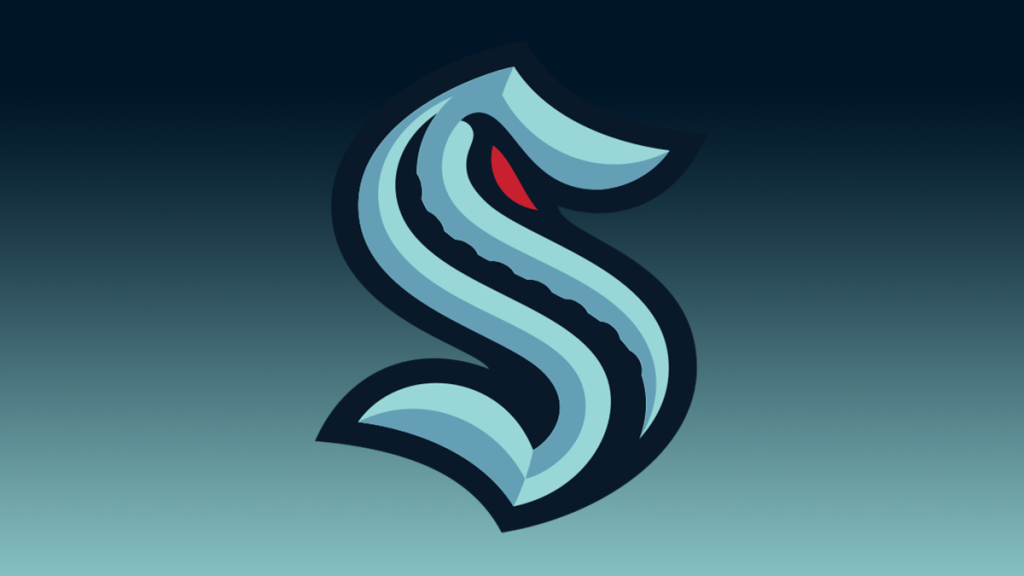
2020-21 record 0-0-0, 0 points Making their debut in the Pacific Division Newest expansion team entering their 1st season Additions: F Mason Appleton (from WPG), F Nathan Bastian (from NJD), F Colin Blackwell (from NYR), F Joonas Donskoi (from COL), F Jordan Eberle (from NYI), F Yanni Gourde (from TBL), F Morgan Geekie (from CAR),…
-
Aho and Nedeljkovic power Canes to, 3-0, shutout
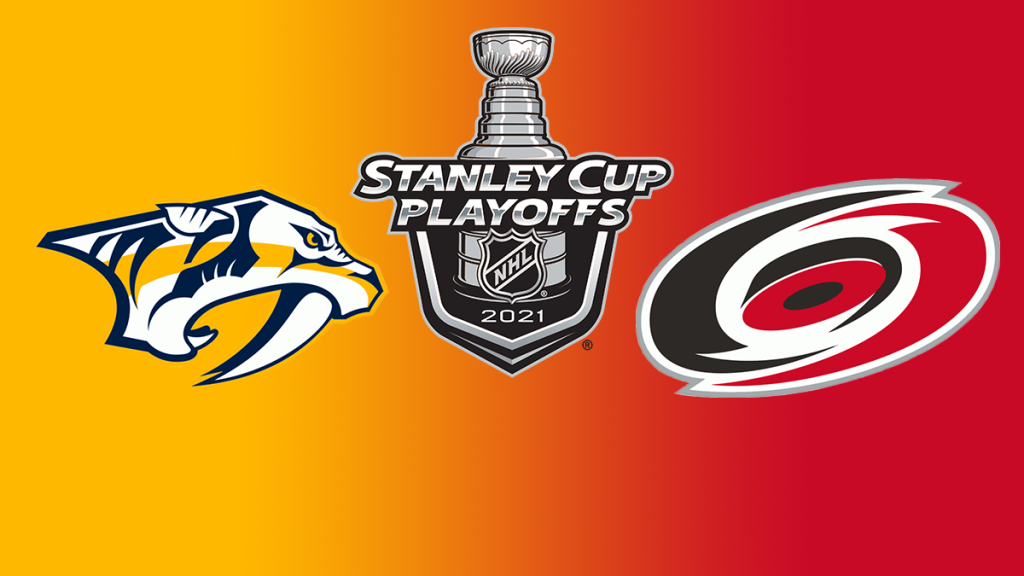
Sebastian Aho scored a pair of goals as Alex Nedeljkovic made 32 saves in a, 3-0, shutout win for the Carolina Hurricanes in Game 2 of their 2021 First Round series with the Nashville Predators at PNC Arena on Wednesday. Nedeljkovic (2-0, 1.01 goals-against average, .964 save percentage in two games played) became the second…
